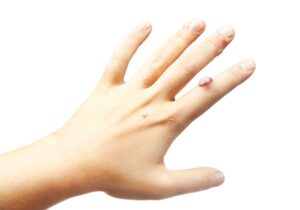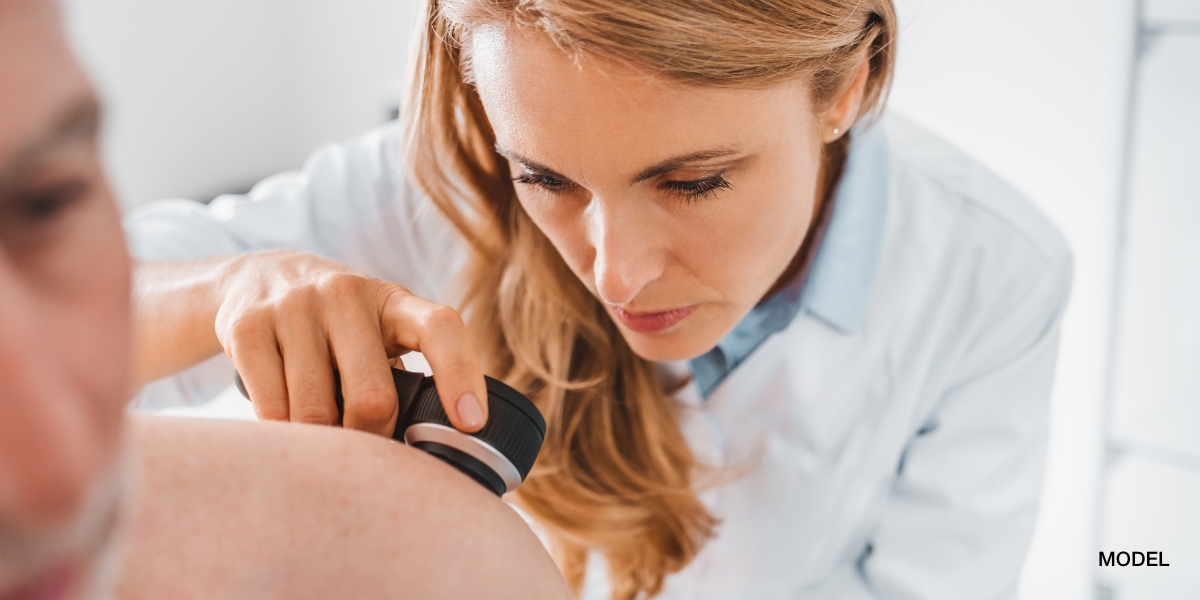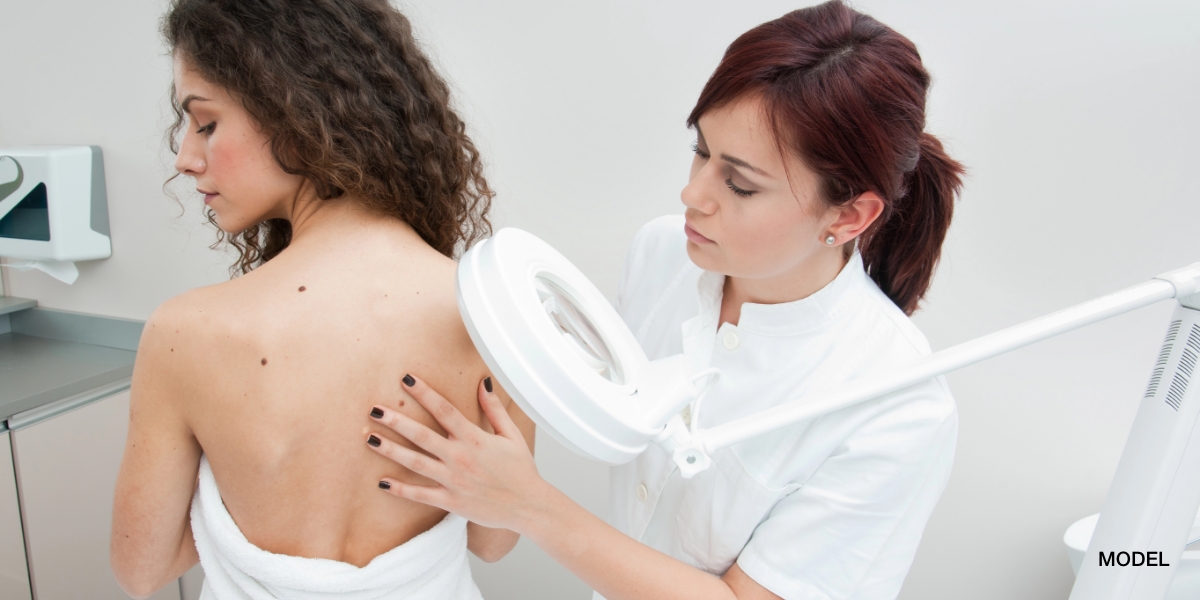
Warts, which are caused when over 100 different strains of the Human Papillomavirus (HPV) infect small cuts in the skin, are very contagious. You can inadvertently spread warts by touching warts and then touching other areas of your skin, or even touching or using something that has been in contact with a wart, like somebody else’s used towel or razor, or stepping on a bath mat with your bare feet. Warts are so contagious that dermatologists like Dr. Perri often recommend wart treatment procedures to remove them. Then there is less likelihood that they can spread to other areas of your body.
How Can I Stop the Spread of Warts?
There are several steps that patients can take to halt the spread of warts, before undergoing wart treatment. First and foremost, careful hand washing is strongly encouraged. You should vigorously wash your hands if you touch your wart, and after touching a wart, never touch another area of your body until your hands have been thoroughly washed. You should also avoid walking around barefoot in public places, especially wet and warm locations such as the public showers at the gym or pool. Always wear rubber-soled flip-flops there to protect your feet from painful plantar warts.
Because warts can spread even if your skin touches something that has come into contact with a wart, you should always wear your own socks, shoes, and other articles of clothing, and never re-use someone’s used towel or razor. To prevent the growth of new warts, you should always use a bandage whenever you have a cut – no matter how small. Warts grow when the HPV virus infects small cuts, so a bandaged cut is your first line of defense against the growth of new warts.
What Wart Treatment Options Are Available?
Dermatologists like Dr. Perri have several wart treatment options available at their disposal. One of your first wart treatment options may be an over-the-counter solution like Compound W. Its main ingredient is salicylic acid and can be purchased at many pharmacies. While it may be effective, Compound W can take up to 3 months to work, so many patients choose to see Dr. Perri for faster-acting wart treatment options.
Cryotherapy, or cryosurgery as it is sometimes called, is a common wart treatment option. With cryotherapy, your wart is frozen off by spraying liquid nitrogen directly onto the wart. This procedure may need to be repeated in 2 to 4 weeks to remove the wart completely or for resistant warts patient may need to follow up monthly.
I Have a Wart! What Do I Need to Do?
If you have found a wart on your body, make sure you are following careful handwashing procedures and the other wart spreading prevention tips mentioned in this blog post. The postponement of treatment may lead to the unnecessary spreading of more warts to different areas of your body, as well as to other people.
Call Dr. Perri’s offices today to schedule wart treatment.




